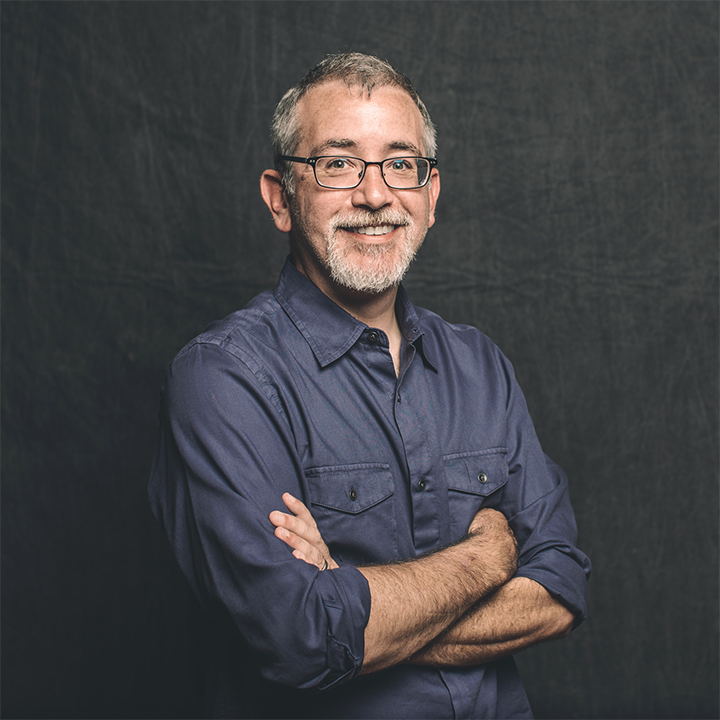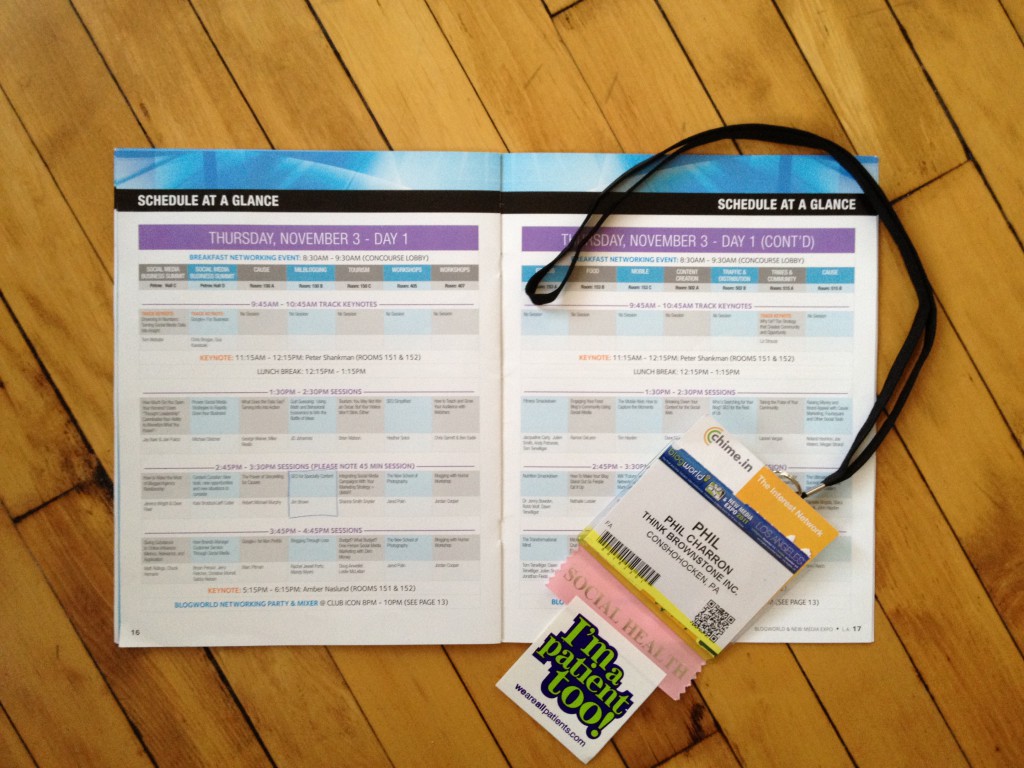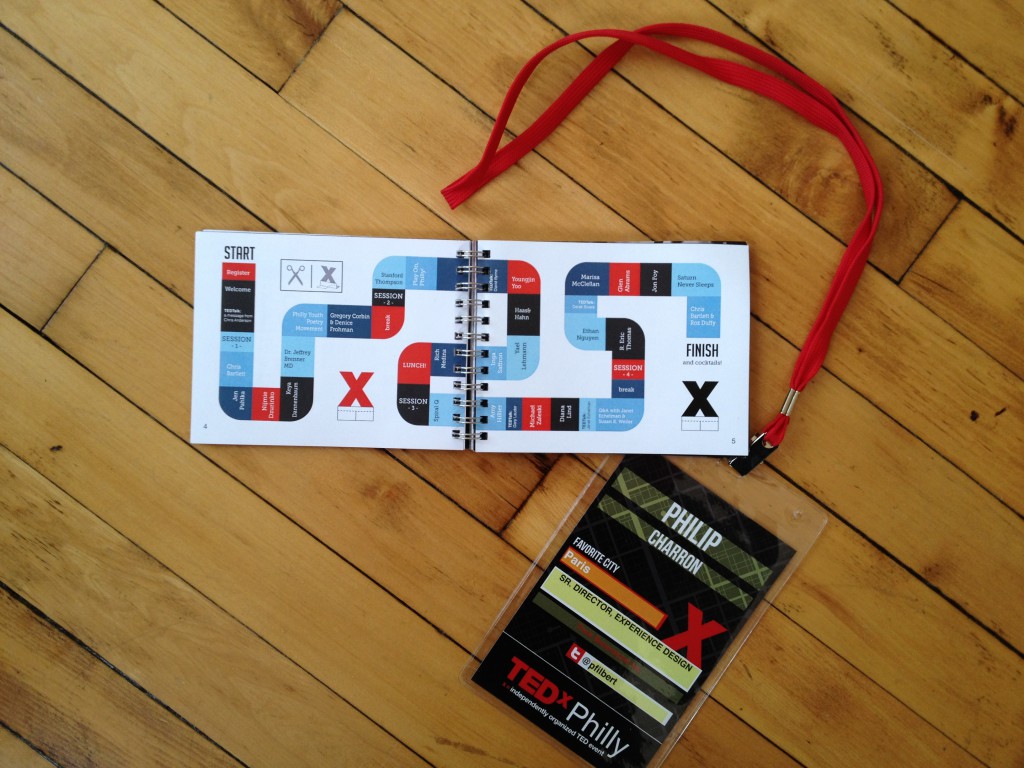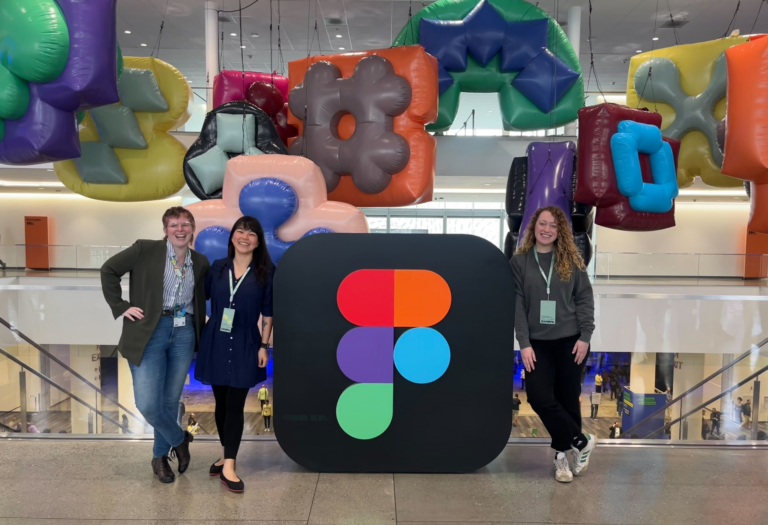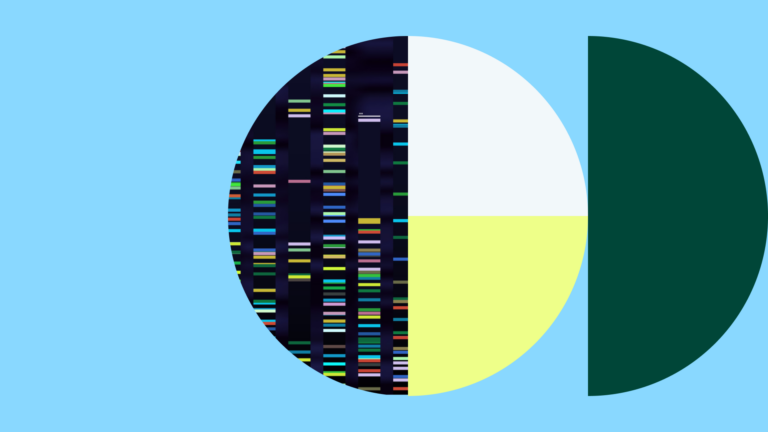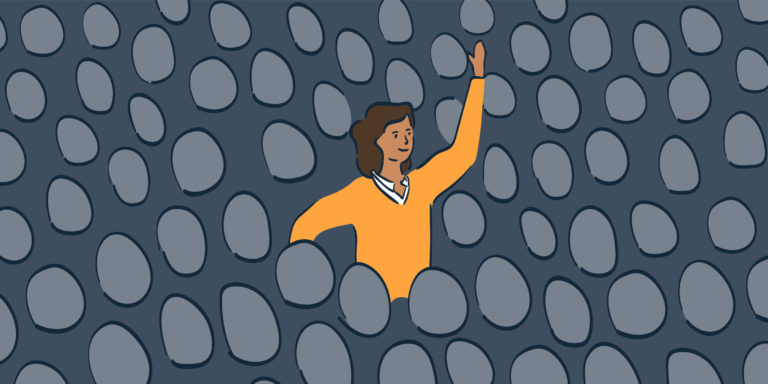Conference-a-Rama
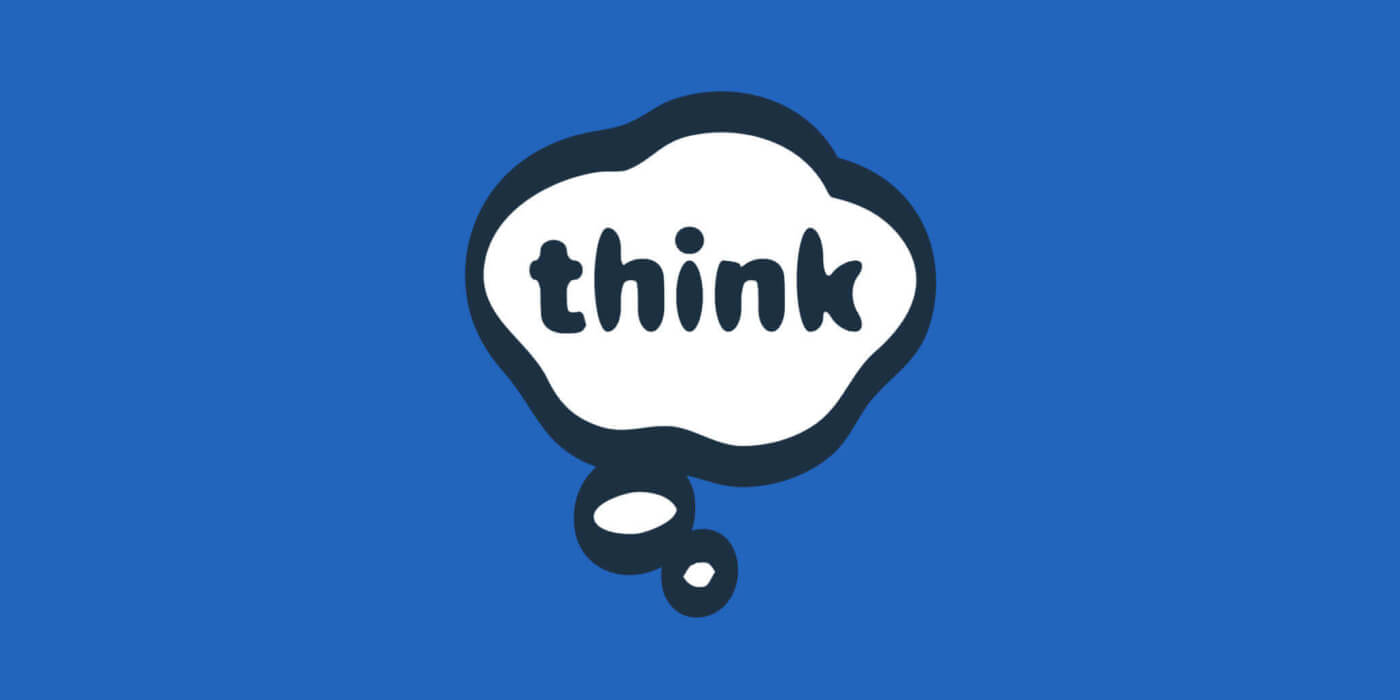
I attended two different conferences in the past two weeks: BlogWorld2011 Social Health Track and TEDxPhilly. Sometimes I wander around large conference centers and wonder if it’s all worth it…
Years ago I worked at a management consulting company producing and managing their line of multimedia products. Our Marketing department travelled to almost every industry conference; setting up booths, talking to clients, getting leads, and delivering sessions.
I once asked our Director of Marketing how many true sales were generated by our conference efforts.
His answer sounded something like, “Almost none. The main reason we do this is to talk to our existing customers and make sure our competitors know we’re doing well enough to spend money to go to conferences.”
Did you catch that? We attended conferences to make sure our clients and competitors knew we were still alive. It was all about showing up.
When I started presenting at conferences, I quickly learned that no matter how valuable your sessions are, very few qualified leads come of them. Sure, cards are exchanged and relationships begin, but conferences are often places to learn what’s out there and consider where to expand your business.
At most conferences, the bar was set quite low for session speakers. Usually, it was based on your ability to write a snappy title and a 250-word description. In case you’re wondering, neither of those is a requirement for being an engaging public speaker.
Then TED happened.
While I’ve never attended TED, I have attended TEDxPhilly for two years now. TED is what many trade conferences often want to be, but can’t figure out how to be. For me, above everything else, TED is about the free exchange of ideas facilitated through compelling storytellers. It allows everyone to digest ideas and see how they may be able to apply them elsewhere. It doesn’t work unless the speaker has something worthwhile to say and can say it in a compelling way. You don’t need a laser-light show or rocking intro music or even a PowerPoint deck.
Before TED, I went to conferences seeking speakers I knew or topics I practiced.
After TED, I often seek out speakers I don’t know and topics totally unrelated to my day-to-day work.
If I want to learn something more about things I already know, I’ll reach out to an industry leader, search Google, or read a book. Finding the connections between things I’m not familiar with makes it a little more difficult.
Both the Blogworld Social Health Track and TEDxPhilly had more to offer than just showing up. So, rather than do a full summary of these two vastly different conferences, I thought I’d focus on one connection from each conference that changed my perspective a little bit:
BlogWorld 2011 Social Health Track
First off, big thanks go out again to Rob Halper from Johnson & Johnson and Marc Monseau of MDM Consulting for their tireless efforts putting this track together and keeping things running smoothly throughout. The word I wrote over and over again in my notebook for the three days of excellent sessions was Curation. Digitally engaged healthcare professionals like Dr. Val Jones, Dr. Nick Genes, or The Nerdy Nurse are involved in many different projects, but all focus on the central theme of curating content for their peers and patients.
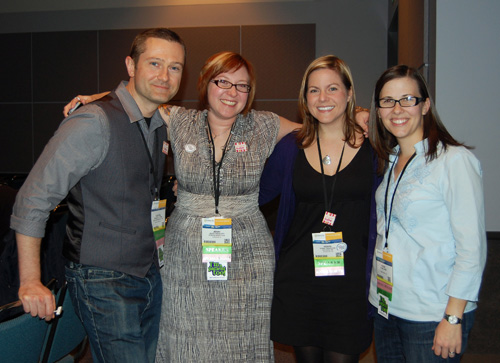
Meanwhile, on the patient side, friends like Kerri (sixuntilme.com), Jenni (chronicbabe.com), and Katie (overflowingbrain.com) curate content for their followers to help guide them through the journeys their conditions dole out for them. There is SO much information on the internet, much of it false or misleading, that everyone needs help navigating through it. The more these folks do their jobs well the more the good information will flow to the top. That improves treatments, lives, and even the cost of healthcare.
So my perspective has now changed. If you manage content you’re either a creator, a curator, or both. I plan to study more about curation. I’ve talked about it for decades, but what does it truly entail these days? I’m excited to continue exploring that.
[On a side note, it has been more than just professionally rewarding to participate in the Social Health movement. Sure, Russ’ skillful moderation of the Patient Advocate panel at the beginning of the conference was a great example of his years of experience working and teaching in our industry. It’s the long-lasting friendships we have formed over the years with engaged patients, physicians and industry leaders that will last far beyond any conference session.]
TEDxPhilly
The official theme for TEDxPhilly was “The City.” Throughout the day, I kept thinking about how each speaker was finding ways to simultaneously transform a city while maintaining its identity. That’s not so easy if you think about it. Youngjin Yoo from Temple University’s Center for Design+Innovation observed, “Cities are the most complex man-made artifacts.” They are ever-changing, self-aware, and perpetually trying to improve. We often hear about the singularity as the moment that humans will create a system that has become self-aware, but haven’t we done that already? Wasn’t that accomplished long before technology was so advanced we could even think of the singularity? The City is simultaneously a self-aware organism and a computer collecting and processing data. TEDxPhilly was just an opportunity to see different systems within that organism come together.
We often talk about ecosystems on the projects we take on, but we don’t think about the entire ecosystem as an organism. That may sound like semantic mumbo-jumbo to you, but to me it solidifies something that has bothered me for a while. While you’re building or re-building your corner of a system, all the elements connected to yours are evolving as well. You should always expect that. You often can’t plan for the disruption this causes, but you can certainly panic less when it does.
So, conferences aren’t dead, they’ve just evolved. The massive, multi-track conferences have their place, but the trade show floors are often a depressing circus of tacky tchotchkes, lots of whizz-bang, and little substance. Keynotes are hit-or-miss, but when they’re a hit, you’re glad you came. The hard thing to do is to root out a session that changes your perspective, even a little bit.
